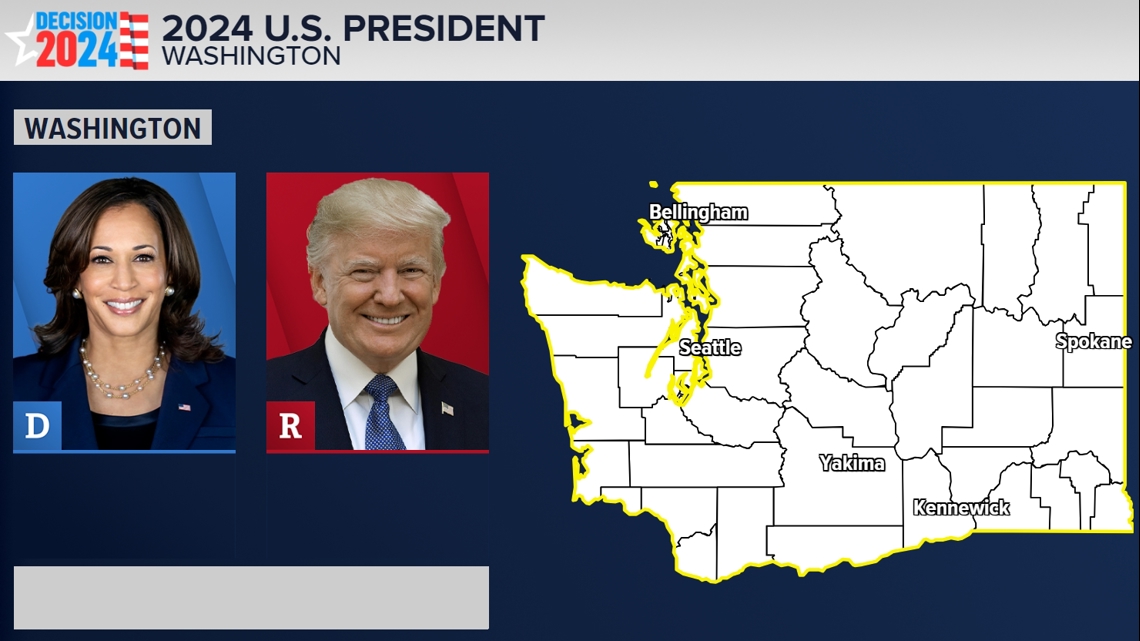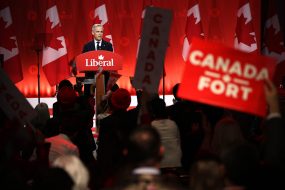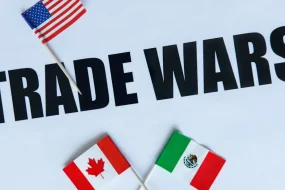
The 2024 U.S. presidential election concluded with Donald Trump winning a surprising comeback against Kamala Harris, marking his return to the White House as the 47th president. This election has elicited various reactions from various nations, reflecting their geopolitical interests and relationships with the United States. Below, we explore the responses from Russia, U.S. allies, NATO, the European Union, and countries across Asia, Africa, and Latin America.
Election Overview
Donald Trump, the Republican candidate, secured a decisive victory over Vice President Kamala Harris, who represented the Democratic Party. This election was characterized by a high voter turnout and a clear repudiation of the current administration’s policies, particularly among key demographics that had previously leaned Democratic. Trump’s victory speech emphasized a commitment to “put our country first” and heralded a “golden age” for America, signaling a return to his America-first policies.

Russia: Cautious Optimism
Following Donald Trump’s victory in the 2024 U.S. presidential election, the Kremlin’s response has been cautious and somewhat dismissive. Kremlin spokesman Dmitry Peskov indicated that he was unaware of any plans by President Vladimir Putin to congratulate Trump, labeling the U.S. as an “unfriendly country”. Peskov emphasized that Russia would evaluate the new U.S. administration based on “concrete steps and concrete words,” suggesting a wait-and-see approach regarding Trump’s policies. Additionally, the Russian Ministry of Foreign Affairs reiterated that it has no illusions about the incoming president and will prioritize its own goals, particularly concerning the ongoing conflict in Ukraine, stating that their conditions for ending the conflict remain unchanged and are well known in Washington.
Ukraine: Hope Amid Uncertainty
Ukrainian President Volodymyr Zelenskyy also extended his congratulations, describing Trump’s victory as “impressive.” He expressed hope for a strong U.S.-Ukraine partnership under Trump’s leadership, emphasizing the need for a “peace through strength” approach to counter Russian aggression. However, there are underlying concerns in Ukraine about the potential for reduced American military support, given Trump’s past statements regarding U.S. involvement in the conflict
From U.S. Allies
1. United Kingdom
British Prime Minister Keir Starmer congratulated Trump on his “historic election victory,” emphasizing the importance of the U.S.-U.K. alliance in defending shared values of freedom and democracy. Starmer expressed optimism about continuing close cooperation between the two nations.
2. Canada
Prime Minister Justin Trudeau described the U.S.-Canada relationship as “the envy of the world” and expressed confidence that he and Trump would work together to create opportunities and prosperity for both nations.
3. Australia
Prime Minister Anthony Albanese noted the significance of the U.S. election for global stability, particularly in the Indo-Pacific region. He expressed a desire to strengthen cooperation between Australia and the U.S. under Trump’s leadership.
From NATO
NATO Secretary-General Mark Rutte welcomed Trump’s victory, stating that his leadership would be crucial for maintaining the strength of the alliance. Rutte emphasized the need for a united front against global challenges, including the increasing alignment of adversarial nations like China and Russia. However, there are underlying concerns among NATO members about Trump’s previous criticisms of the alliance and his calls for increased defence spending from European nations.
From the European Union
1. France
President Emmanuel Macron congratulated Trump, expressing readiness to work together with respect and ambition. Macron’s response reflects a desire to maintain strong ties despite potential policy shifts under Trump’s administration.
2. Germany
Chancellor Olaf Scholz congratulated Trump and wished for continued close ties, acknowledging that many things would likely change under his leadership. This indicates a cautious approach from Germany regarding future U.S. policies.
3. European Commission
President Ursula von der Leyen highlighted the enduring partnership between the EU and the U.S., emphasizing the need for cooperation to address global challenges. She expressed hope for a strong transatlantic agenda moving forward.
Reactions from Asia
1. Japan
Prime Minister Shigeru Ishiba congratulated Trump and expressed hope for further strengthening the U.S.-Japan alliance. This reflects Japan’s ongoing interest in U.S. support amid regional security concerns, particularly regarding North Korea and China.
2. South Korea
President Yoon Suk-yeol congratulated Trump, stating that under his leadership, the future of the U.S.-South Korea alliance would shine brighter. This response underscores South Korea’s reliance on U.S. support for its security.
3. China
Chinese President Xi Jinping congratulated Trump, calling for both nations to manage their differences and find a way to coexist peacefully. This response indicates China’s strategic interest in maintaining stable relations with the U.S. despite previous tensions.
From Africa
1. Egypt
President Abdel Fattah el-Sisi expressed hope that Trump’s return to the White House would help bring peace to the Middle East. He emphasized the importance of U.S.-Egypt relations in achieving regional stability.
2. South Africa
President Cyril Ramaphosa congratulated Trump, reflecting a cautious optimism about future U.S.-Africa relations under his administration. This response indicates a desire for continued engagement with the U.S. on various issues.
From Latin America
1. Mexico
President Claudia Sheinbaum stated that Trump’s election was “no cause for concern,” emphasizing Mexico’s sovereignty and the importance of maintaining good relations with the U.S. She expressed confidence in the ability to navigate any challenges that may arise.
2. Brazil
President Luiz Inacio Lula da Silva congratulated Trump, emphasizing the need for dialogue and cooperation for global peace and development. Lula’s response reflects Brazil’s interest in maintaining a constructive relationship with the U.S
3. Argentina
President Javier Milei congratulated Trump on his “formidable electoral victory,” expressing support for his agenda and indicating a willingness to collaborate closely with the U.S
Conclusion
The reactions to Donald Trump’s 2024 election victory reveal a complex landscape of international relations. While many leaders express optimism about his return, particularly in terms of security and bilateral relations. There is also a notable undercurrent of caution regarding his past policies and potential shifts in U.S. foreign policy. As the world watches, the implications of Trump’s presidency will likely resonate across various global issues, from security alliances to economic partnerships.












